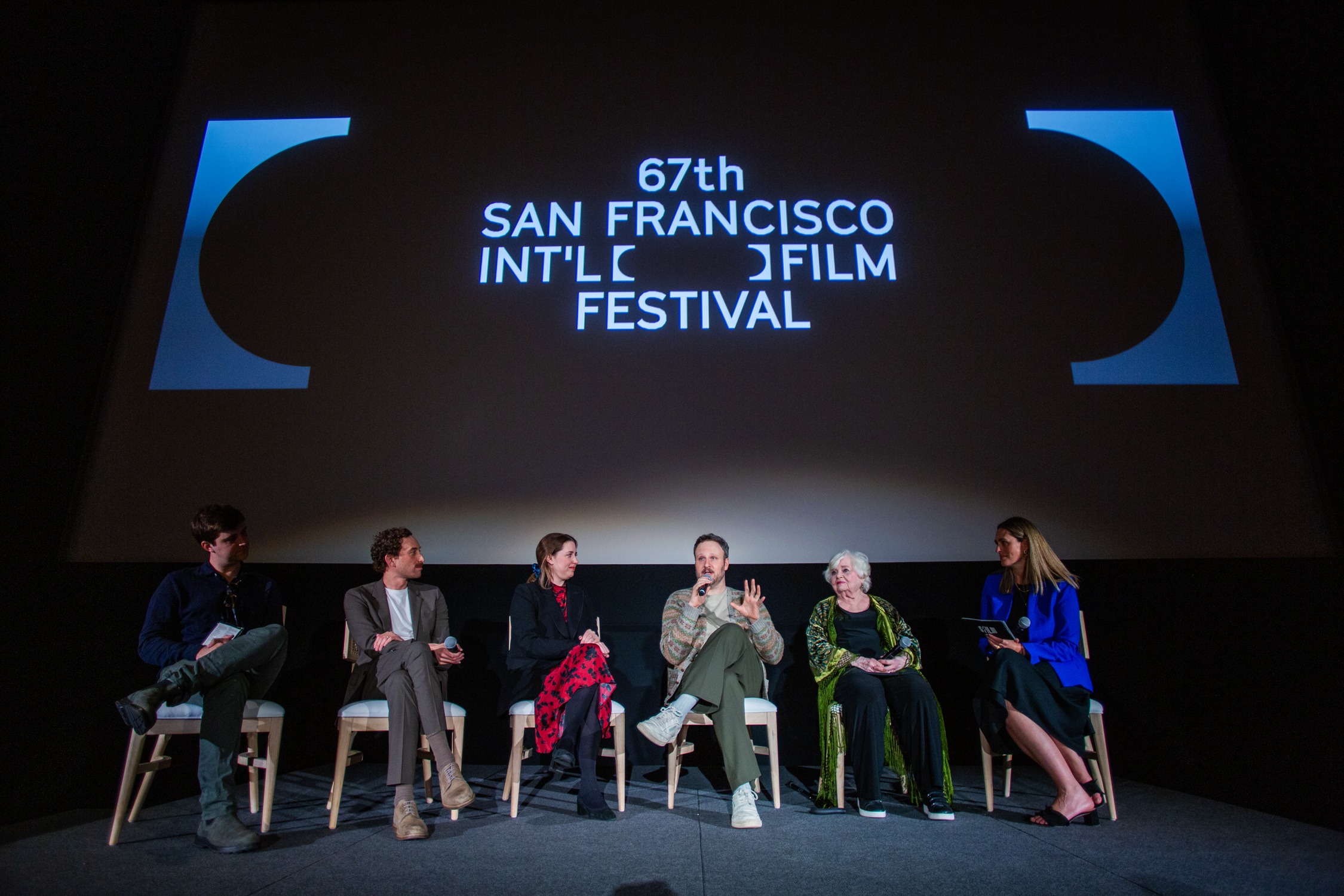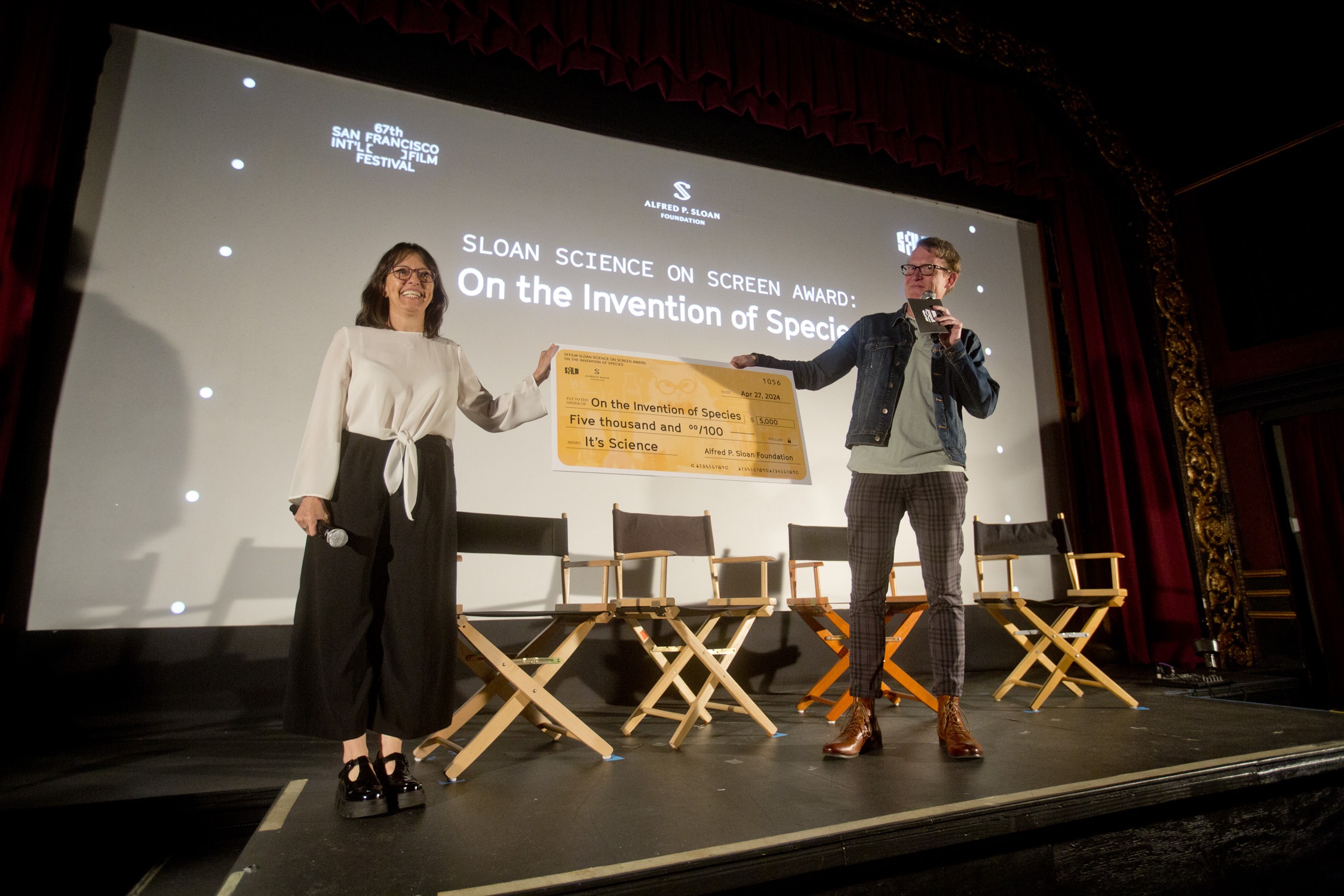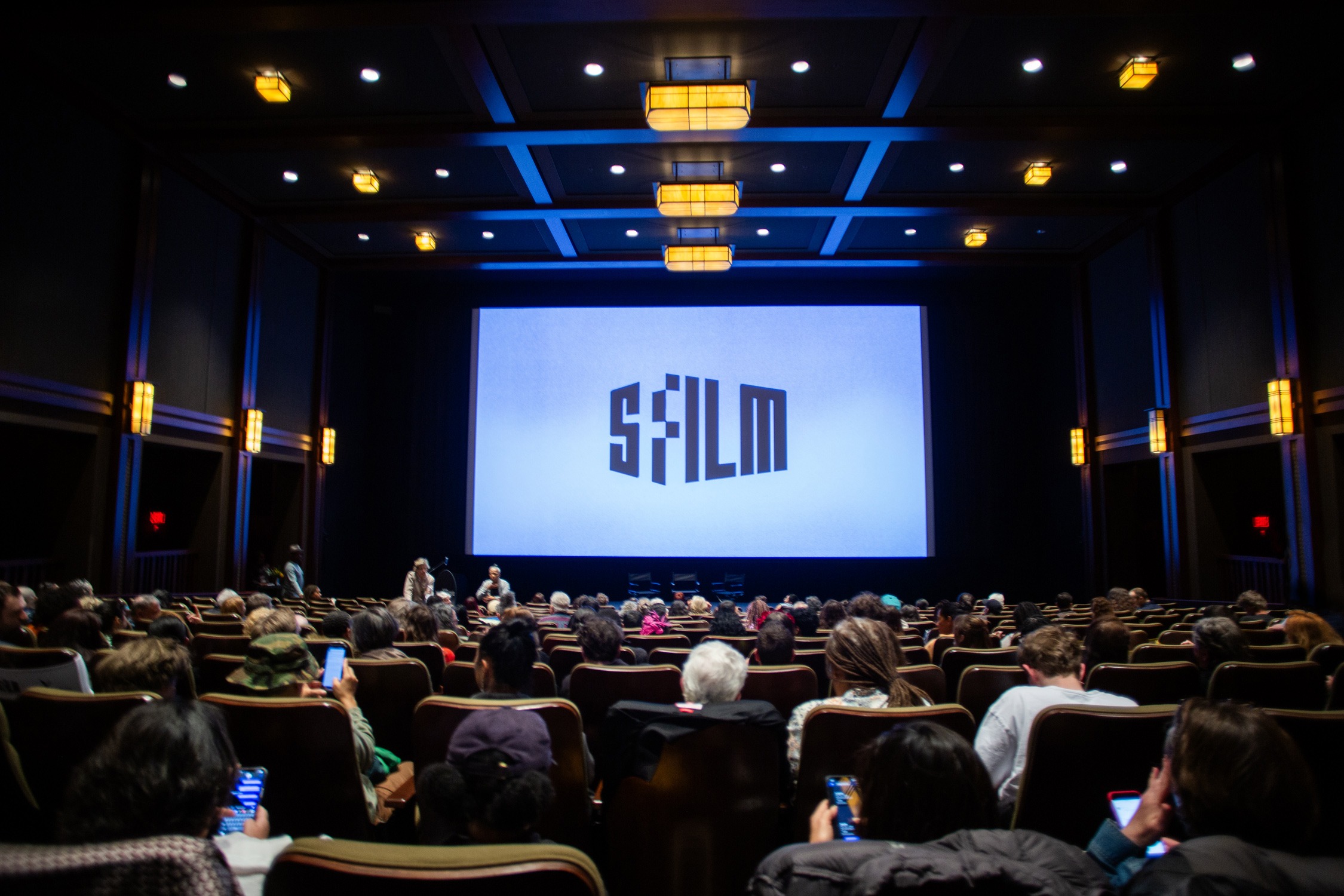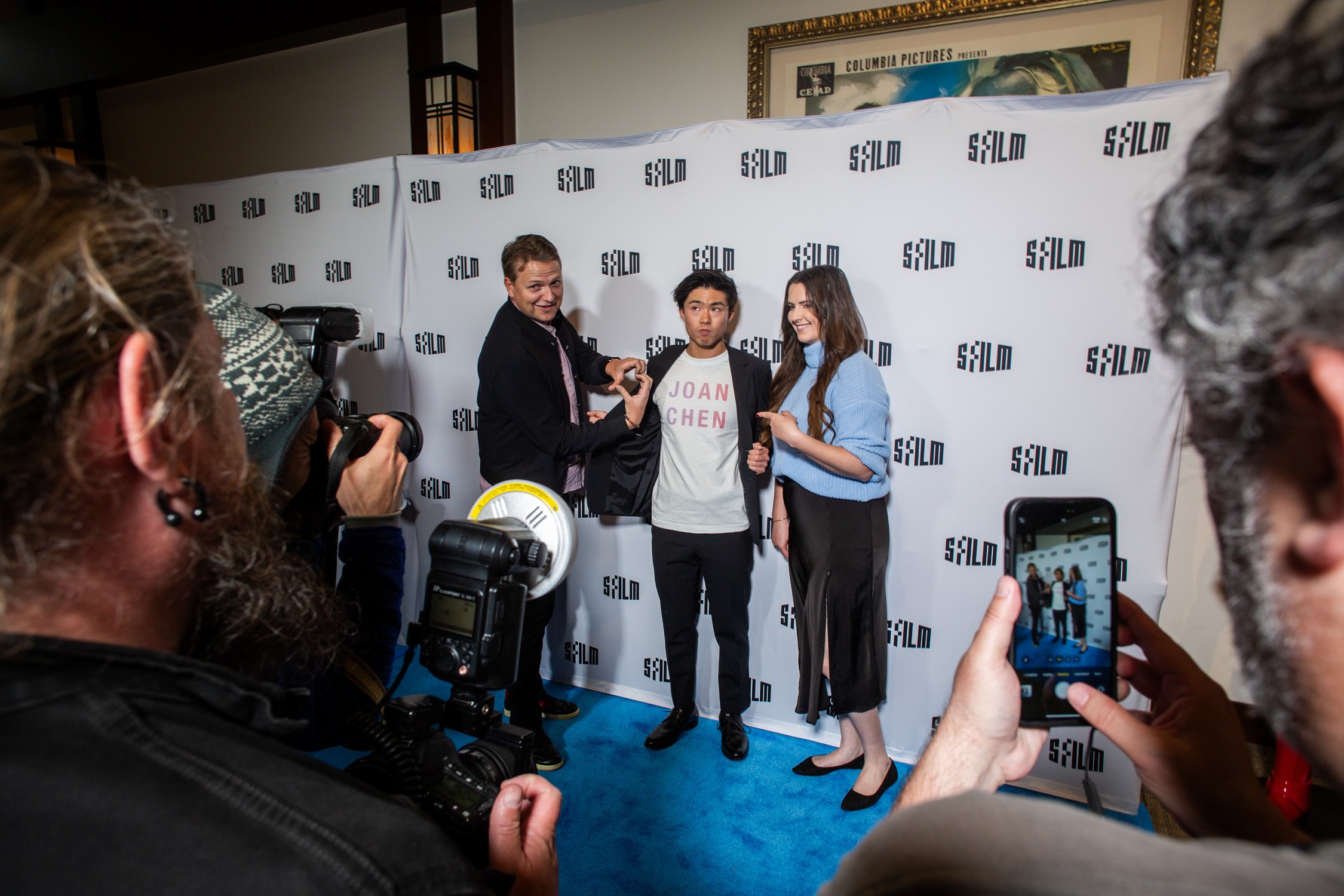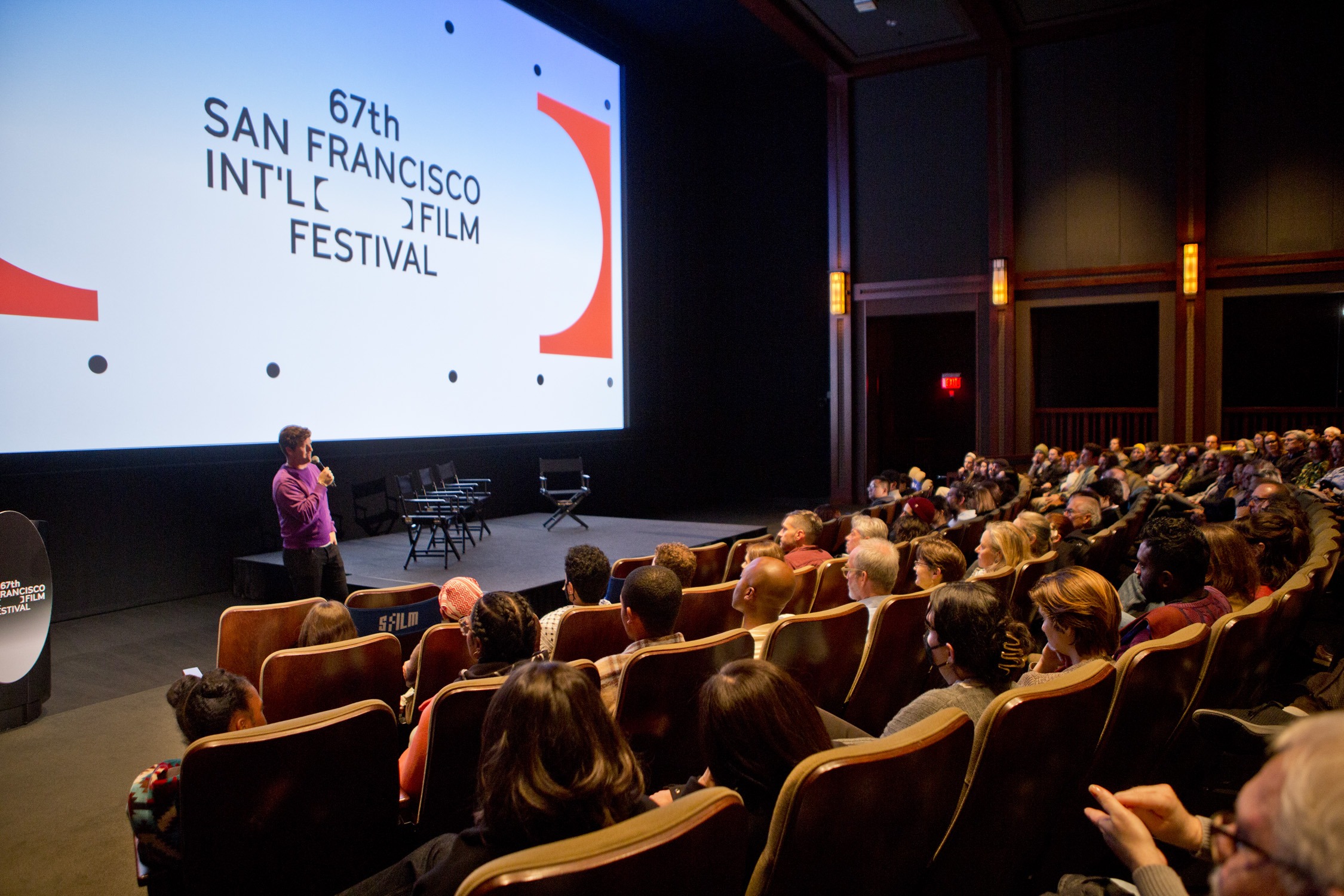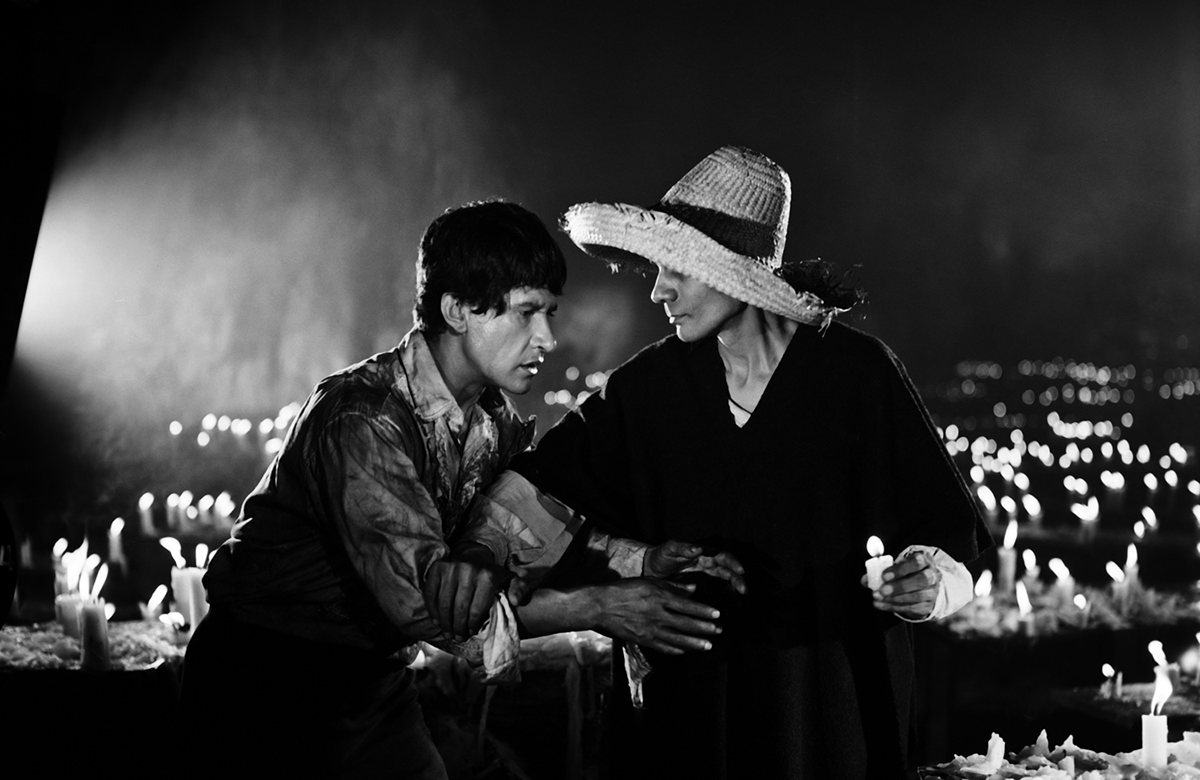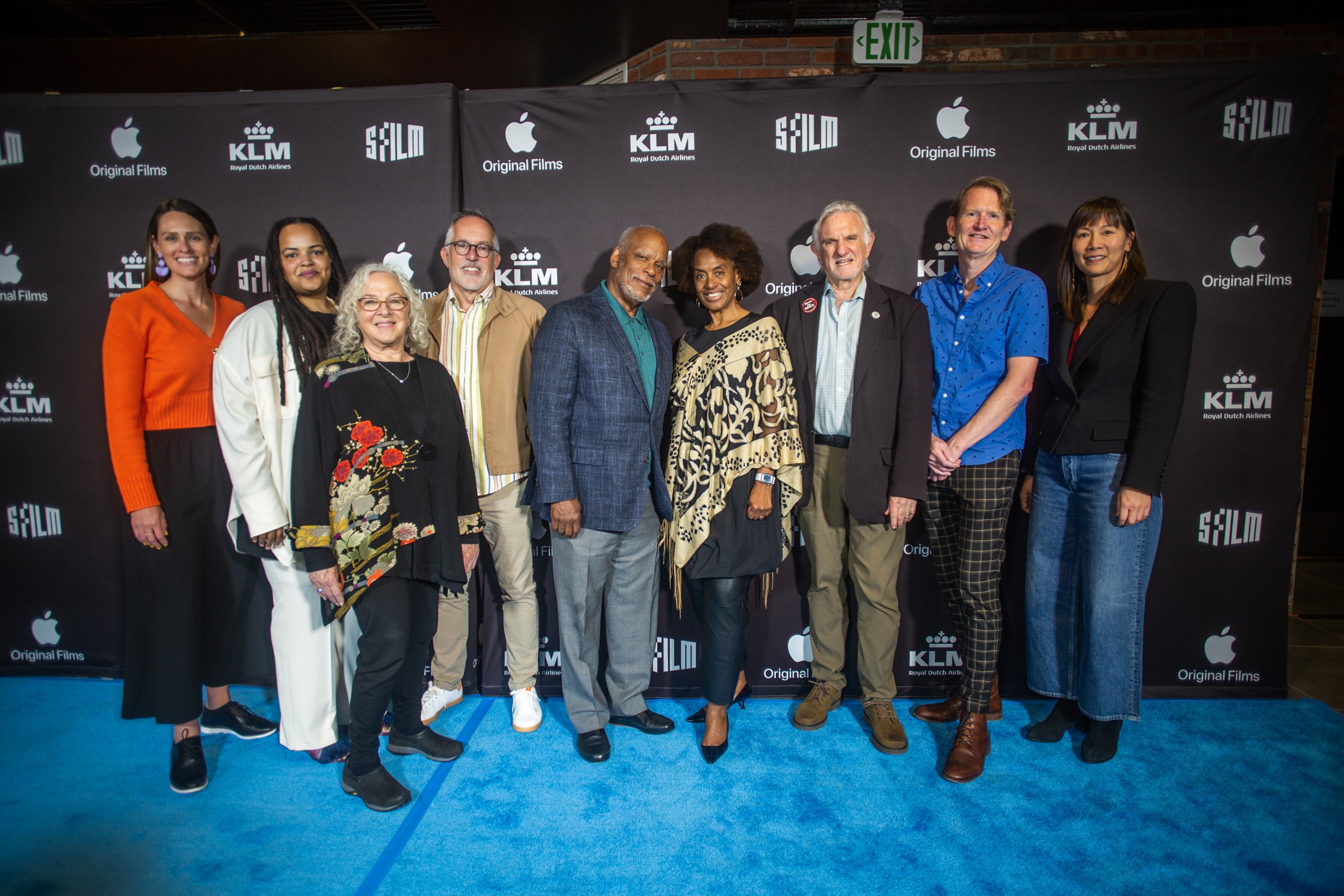The filmmakers and star of Thelma have the perfect summer movie
SFFILM Festival audiences were treated to a sneak preview of Thelma this April as the closing night film of the program including an onstage conversation with director and writer Josh Margolin, star June Squibb, producers Chris Kaye and Zoë Worth, and composer Nick Chuba.
The film, which opens June 21 in local and national theaters, features steely and hysterical June Squibb in her first leading role as a 93-year-old widow (Thelma) proudly living alone when she falls prey to a cash-grabbing hoax. Vowing to bring the perpetrators to justice, Thelma sets out on an odyssey across Los Angeles, accompanied by her old friend Ben (played by Richard Roundtree in his final performance). Together, the determined duo wields their charm, social invisibility, and elder-age devices to overcome numerous obstacles. Director Josh Margolin draws on action-hero genre cliches, playing with traditional set-ups to illustrate Thelma’s agency.
Watch the full conversation to hear about the making of Thelma, then call your grandma and get your tickets to see this one in the theater!
In Conversation with the Filmmakers of Thelma
Stay In Touch With SFFILM
SFFILM is a nonprofit organization whose mission ensures independent voices in film are welcomed, heard, and given the resources to thrive. SFFILM works hard to bring the most exciting films and filmmakers to Bay Area movie lovers. To be the first to know what’s coming, sign up for our email alerts and watch your inbox.
